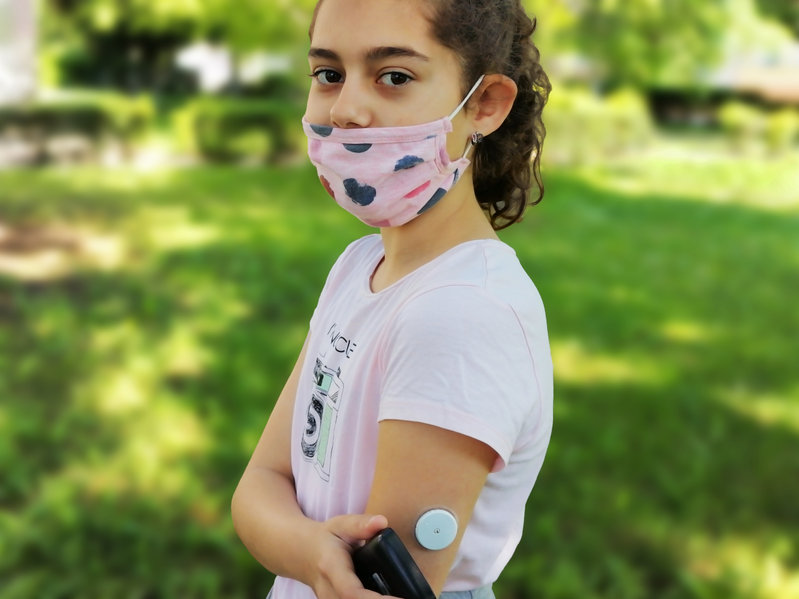Diabetes is a serious disease that can cause long-term health problems if it is not treated properly. Recently, there has been an increase in diabetes diagnoses during the COVID pandemic.
It’s more important than ever to avoid delaying your routine exams and screenings. If you are experiencing any of the signs of diabetes, schedule an appointment with your healthcare provider as soon as possible.
Types of diabetes
There are two main types of diabetes: type I and type II.
Type I diabetes
Type I diabetes is usually diagnosed in children or young adults. It occurs when the body does not produce enough insulin.
Type II diabetes
Type II diabetes is the most common form of diabetes and usually develops in adulthood. It occurs when the body does not produce enough insulin or cannot use insulin properly.
If you have diabetes, it is important to control your blood sugar levels through diet, exercise, and medication. Uncontrolled blood sugar can lead to serious health problems such as heart disease, stroke, kidney disease, and blindness.
Prediabetes
Prediabetes is a condition in which blood sugar levels are higher than normal, but not high enough to be diagnosed as diabetes. If you have prediabetes, you are at increased risk for developing type II diabetes.
According to the Centers for Disease Control and Prevention (CDC):
“In the United States, 96 million adults—more than 1 in 3—have prediabetes. What’s more, more than 8 in 10 of them don’t know they have it.”
Signs and symptoms of diabetes
The signs and symptoms of diabetes can differ depending on your type of diabetes. The most common signs and symptoms of diabetes include:
- Increased thirst
- Frequent urination
- Weight loss
- Fatigue
- Blurred vision
Other symptoms, from the CDC, may include any of the following:
- Numb or tingling hands or feet
- Very dry skin
- Sores that heal slowly
- More infections than usual
If you are experiencing any of these signs and symptoms, schedule an appointment with your healthcare provider here at Horizon Family Medical Group as soon as possible. Early diagnosis and treatment can help prevent serious health complications. Don’t delay your routine exams and screenings because of the COVID pandemic.

